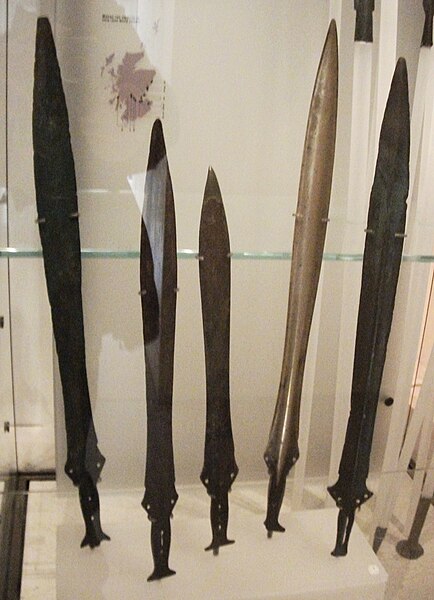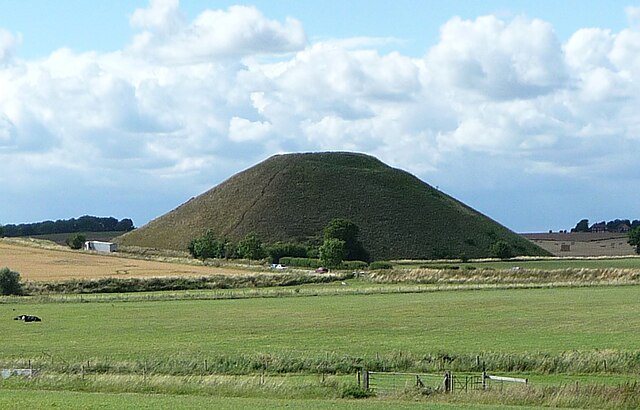Infinite photos and videos for every Wiki article ·
Find something interesting to watch in seconds
Celebrities
World Banknotes
History by Country
British Monarchs
Rare Coins
Famous Castles
Great Museums
Orders and Medals
Tallest Buildings
Supercars
Kings of France
Great Cities
Recovered Treasures
Countries of the World
Richest US Counties
Great Artists
Wars and Battles
Sports
Largest Empires
Largest Palaces
Presidents
Best Campuses
Crown Jewels
Wonders of Nature
Animals
Ancient Marvels
more top lists








